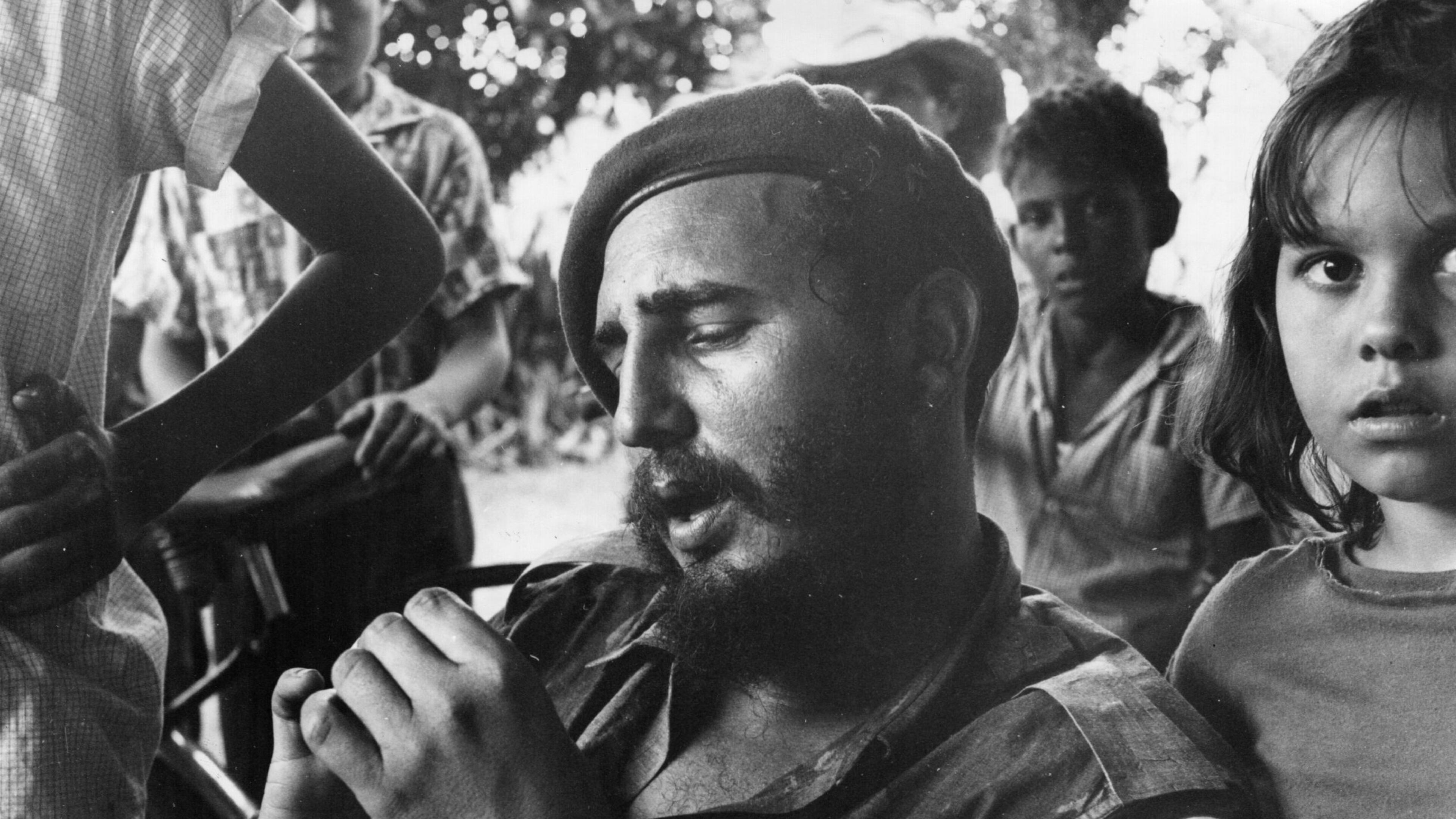Castros 1, Obama 0

Today, the United States is telling the world that we can be outlasted, even when endurance requires next to nothing from us.
That is the unmistakable message in President Obama's decision -- apropos of absolutely nothing -- to begin normalizing relations with a country that has made no substantive changes to merit such a change. Not one.
There's nothing from Havana on the central issues of democracy, human rights or economics that led Washington to impose the sanctions in the first place. Moscow split up the Soviet Union (the contrast between this and the end of the Cold War is instructive). China embraced some tenets of capitalism, albeit a state-managed model that remains far too restrictive.
Cuba is still ruled harshly by a Castro, half a century after the embargo was put in place.
Havana's release of one American held prisoner, as happy as that news is for Alan Gross and his family, doesn't cut it. Not when this is precisely why regimes like Cuba take hostages like Gross, and not when Cuba will receive back three Cuban spies involved in an attack that resulted in four deaths . (The claim that the spy release has nothing to do with Gross's release is LOLable.)
As for Obama's argument that our Cuba policy hasn't led to the Castros' ouster: I look forward to the day he embraces the same logic for welfare programs that haven't eliminated poverty, or rising education budgets that haven't spurred more educational achievement. I would also point out that thawed relations between Cuba and both Europe and Canada haven't worked out, either. Nor have our overtures to Iran yielded any actual success.
The argument for unilateral trade liberalization is that it benefits consumers at the very least, and in some cases producers. That's not what's happening here. The first reason is that trade, except in limited cases, isn't on the table because Obama needs Congress to do that ... although Raul Castro's recommendation in his own speech today was for Obama to do it by executive action anyway (you can't make this stuff up). Second, the things that are on the table benefit the regime in Cuba more than ordinary people here or there. Those increased remittances exiled Cubans will be able to send back home? All but bound for the Cuban treasury.
Fidel Castro is 88. Raul Castro is 83. A window for Cubans to move in a different direction was finally approaching. Instead, Obama is handing the regime an opportunity to claim, however shamelessly, a victory to justify their circle's continued rule. That's a crying shame, most of all for the Cuban people.
Closing question from the Washington Post's Charles Lane:


